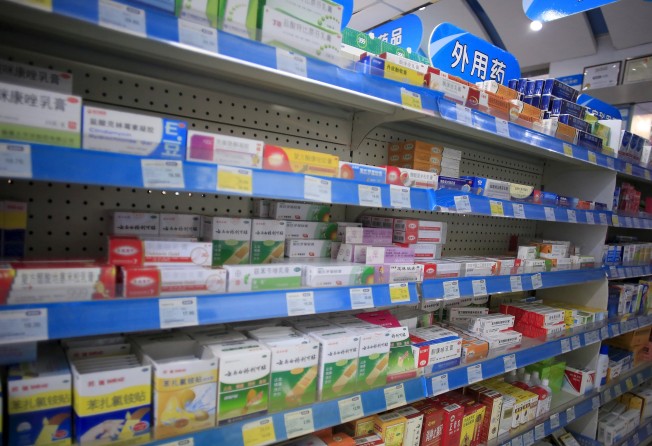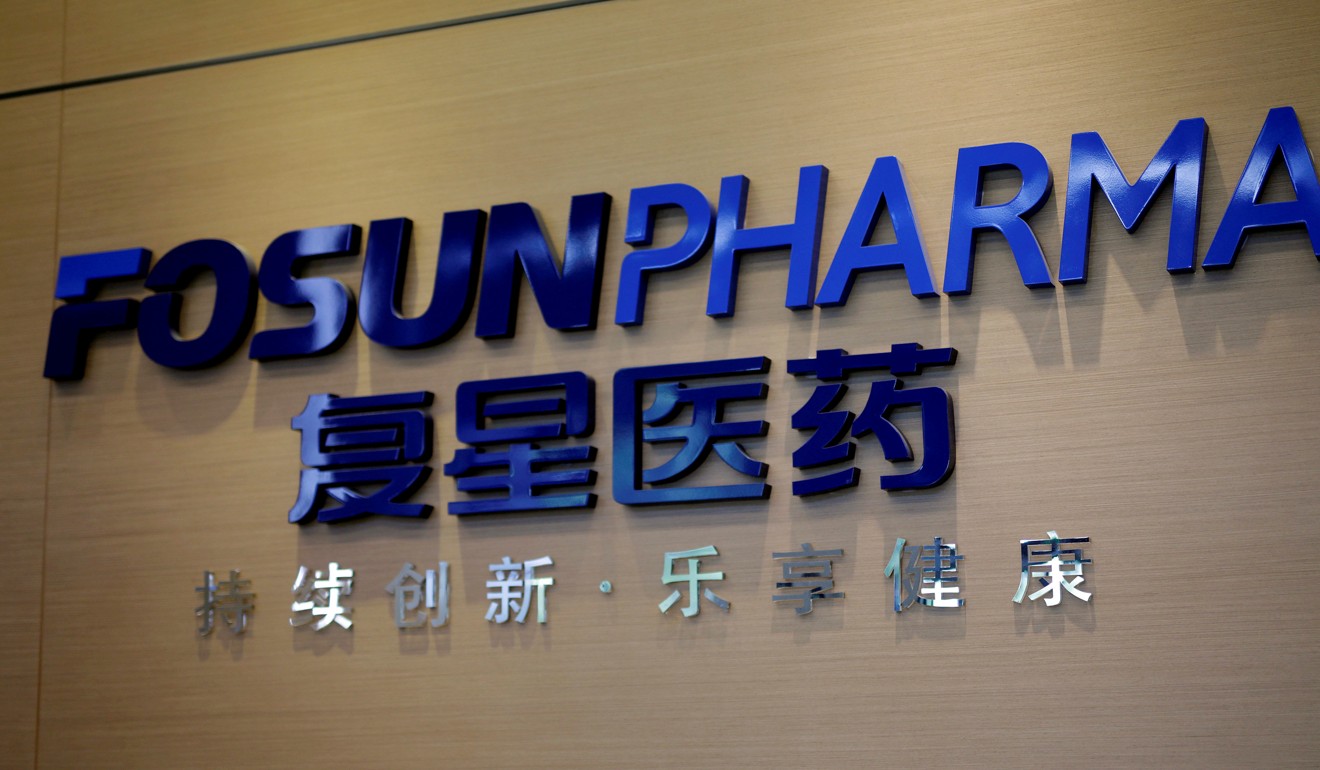Fosun Pharma chief cites Huawei as model for overseas expansion
Drugs firm’s international revenue was 3.4 billion yuan last year, a 57.9 per cent increase on 2016

The head of Shanghai Fosun Pharmaceutical, one of highly acquisitive Chinese conglomerate Fosun Group’s key offshoots, says it is aiming to become the “Huawei of the pharmaceutical industry”.
“We will also accelerate our push in research and development (R&D),” said Fosun Pharma’s chairman Chen Qiyu, referring to the popular Chinese smartphone brand, along with the US’s Johnson & Johnson as its two benchmarks for future international expansion.
Fosun Pharma ranked in China’s top five pharmaceutical firms last year. In an interview in Hong Kong, after the company reported solid annual results for 2017, Chen noted it invested around 1.5 billion yuan (US$238.9 million) in R&D.
Huawei spent a whopping US$13.8 billion annual R&D spend. The phone giant is considered one of China’s most international firms, after aggressive expansions into various markets around the globe in recent years.
Fosun Pharma acquired a controlling 74 per cent stake in India’s Gland Pharma last September for over US$1 billion, and took full control of French drug distributor Tridem, for 63 million euros (US$73 million), a month later.
Those high-profile investments came after it bought Israeli cosmetic laser manufacturer Alma Lasers in 2013, its first overseas acquisition.
Last year it also spun off Alma affiliate Sisram Medical, which had been used as the vehicle to acquire the Israeli firm, and listed it in Hong Kong.
“Mergers and acquisitions will continue to be an important way for us to expand,” said Chen, who is also co-president of Fosun International.
Fosun Group is among China’s largest privately-owned investment conglomerates with interests spanning real estate, financial services, infrastructure and hospitality.
“Good deals like Gland Pharma have significantly improved our ability to manufacture and sell biosimilar drugs globally,” added Chen.
Those are medical products that are almost identical copies of original products manufactured by other companies.
The drugs company’s overseas revenue was 3.4 billion yuan last year, a 57.9 per cent increase on 2016, and Chen expects its international income to be strong again this year, on the back of increased investment in R&D.
His plan this year is for its biosimilar drugs to support cash flow and profit, as well as fund the further development of more innovative drugs of its own, focused on anti-cancer, tumour and liver disease treatment.
The company had reported annual net profit of 2.3 billion yuan for 2017, a 12.1 per cent rise, on revenue of 18.5 billion yuan, a 26.7 per cent increase, which it attributed mainly to a 27 per cent rise in drugs sales.

Zhang Wenlu, an analyst at Caitong Securities, said he expects Fosun Pharma to launch “a wave of new drugs this year, which bodes well for its future profit forecasts”.
At the end of last year, Fosun Pharma had 171 ongoing projects, which included pipelines of innovative, generic, and biosimilar drugs, as well as consistency evaluation projects. Those numbers still did not include the drugs produced by the recently acquired Gland Pharma.